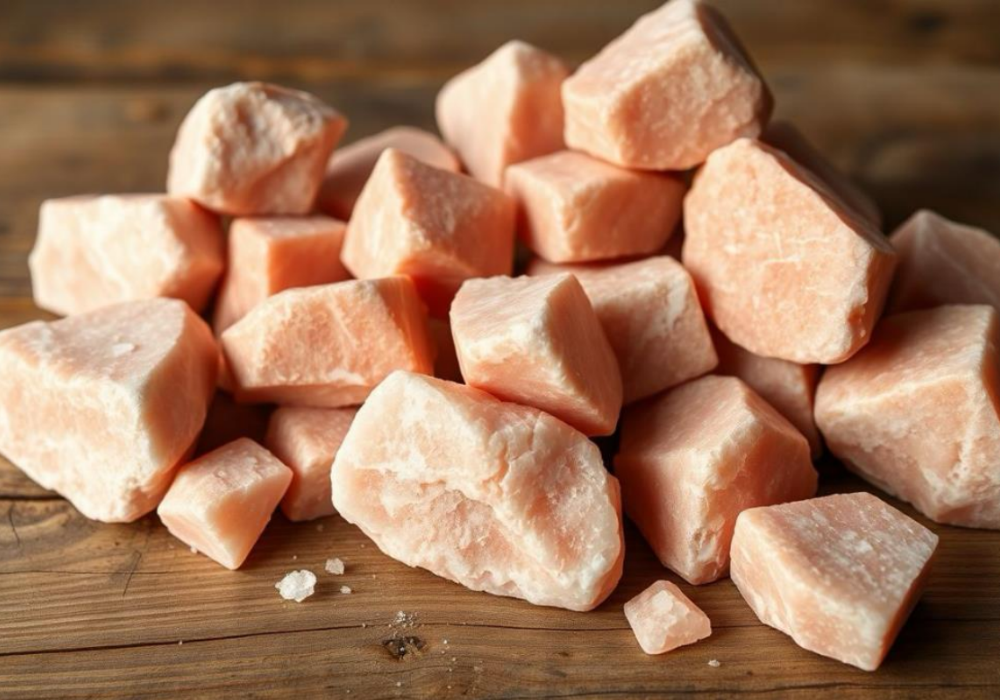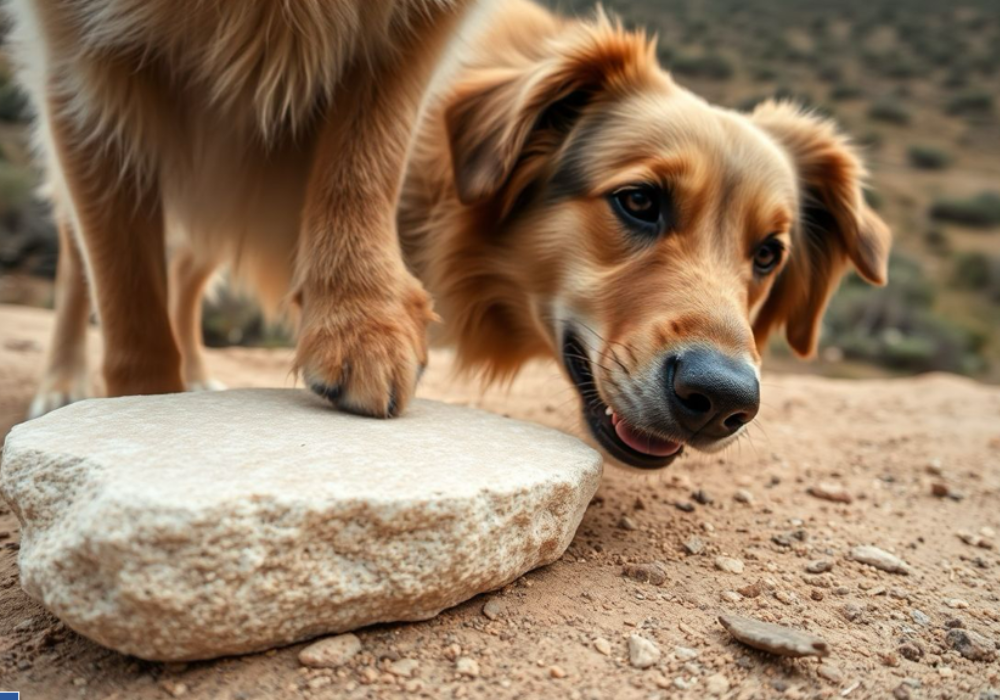Caring for your pet’s health and well-being goes beyond regular meals and exercise. Adding Himalayan pink salt licks to their care routine can provide essential minerals and contribute to their overall wellness. This guide will walk you through the benefits of pink salt, what to look for in a salt lick, and how to use it safely.
Why Pink Salt Matters for Pet Health
The Growing Trend of Himalayan Pink Salt for Pets
Himalayan pink salt has gained popularity as a natural supplement for pets due to its high mineral content. Beyond being a flavorful seasoning for humans, it’s believed to:
- Support hydration: By balancing electrolytes.
- Promote mineral balance: Ideal for holistic pet wellness enthusiasts.
Nutritional Benefits of Licking Pink Salt
Himalayan pink salt contains trace minerals like potassium, magnesium, and calcium, which may:
- Aid in hydration by maintaining electrolyte balance.
- Improve digestive health.
- Promote a well-rounded mineral intake.
Providing a salt lick encourages pets to self-regulate their nutrient needs, enabling them to access these benefits naturally.
Understanding Different Types of Pink Salt Lick Stones
Size and Shape Considerations for Various Pets
Choosing the right size and shape is essential for your pet’s comfort and accessibility:
- Small pets: Rabbits and guinea pigs do well with smaller, flatter salt stones.
- Medium and large pets: Dogs, goats, and horses require larger, sturdier salt licks.
Material Composition and Durability
Salt licks may vary in purity and composition:
- Pure Himalayan salt licks: Offer a consistent mineral supply.
- Blended salt licks: Combine minerals for added benefits.
Opt for durable, high-quality stones that withstand frequent use and last longer.
Sourcing and Ethical Considerations
To support sustainable practices:
- Choose products from ethical suppliers.
- Look for certifications ensuring responsible sourcing and minimal environmental impact.
Factors to Consider When Selecting a Salt Lick
Assessing Your Pet’s Dietary Needs & Health Conditions
Before purchasing a salt lick, consider your pet’s specific health and dietary requirements:
- Kidney or gastrointestinal issues: Consult a veterinarian for tailored advice.
- Ensure the product aligns with your pet’s nutritional needs.
Determining the Appropriate Salt Content
Different pets have varying sodium tolerances:
- Review sodium content and ensure it is suitable for your pet’s size, species, and activity level.
Considering Your Pet’s Licking Habits and Preferences
Observe your pet’s interaction with various textures and flavors. Some animals prefer smoother stones, while others enjoy rougher surfaces.
Safe and Effective Implementation of Pink Salt Licks
Proper Placement of the Lick Stone
Location matters when introducing a salt lick:
- Place it in a secure, easily accessible area.
- Avoid direct sunlight or damp conditions to preserve the stone’s quality.
Monitoring Your Pet’s Salt Intake
Excessive salt consumption can lead to health issues. Regularly check how much your pet is using the salt lick.
Identifying Potential Signs of Overconsumption
Be alert to these symptoms:
- Increased thirst
- Vomiting
- Lethargy
If you notice any of these, consult your veterinarian immediately.
Addressing Potential Risks & Side Effects
Recognizing the Signs of Salt Toxicity in Pets
Salt toxicity can be severe. Symptoms include:
- Confusion
- Excessive urination
- Seizures
If you suspect toxicity, seek veterinary attention immediately.
Consulting with Veterinarians for Guidance
A veterinarian can provide tailored advice on whether a salt lick is right for your pet and help determine safe usage based on their health history.
Conclusion: Making Informed Choices for Your Pet’s Well-being
Choosing the perfect Himalayan pink salt lick for your pet involves thoughtful consideration:
- Assess the size, shape, and material of the salt lick.
- Understand your pet’s dietary needs and health conditions.
- Monitor salt intake and consult with a veterinarian for expert guidance.
When used responsibly, pink salt licks can enhance your pet’s overall health and well-being, making them a valuable addition to their care routine. By taking the time to make informed choices, you’re not just supporting your pet’s physical health—you’re enriching their life in a meaningful way.





